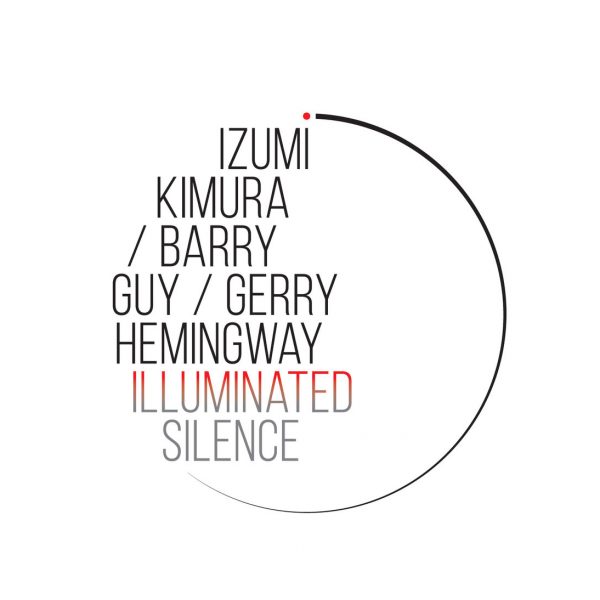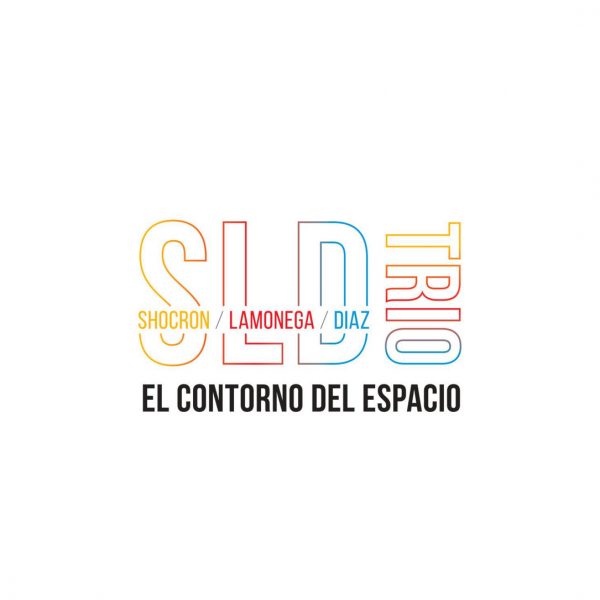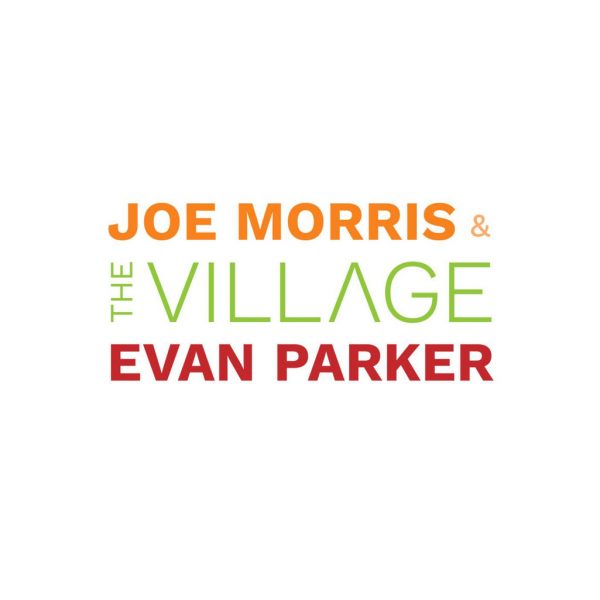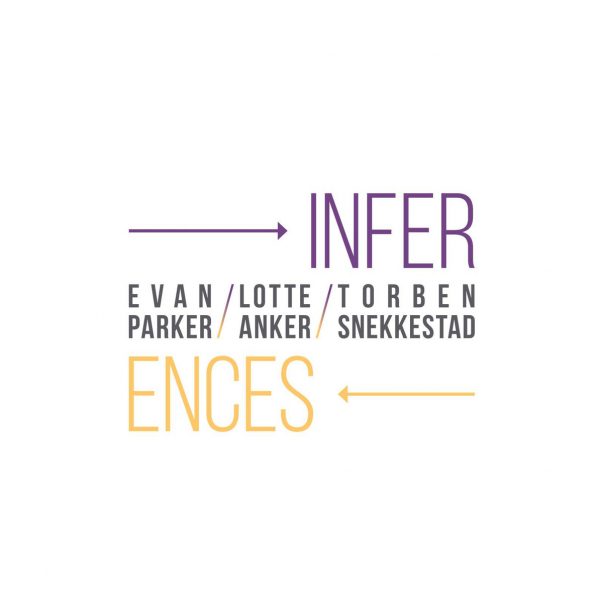By Ken Waxman
Although more common in the 21st than in earlier centuries, reaching 70 years of age is still an important milestone. With the biblical timeline attained, the indication of whether a life’s contributions are outstanding or ordinary can be assessed. When it comes to outstanding, at 70, British double bassist Barry Guy can look back on nearly 50 years of achievements. His capacity as a player, composer, organizer and above all improviser have been so vast that even the five associates who played with him in a three-day birthday celebration during Warsaw’s Ad Libitum Festival in mid-October 2017 only represented the bow tip of the players and ensembles he’s worked with over the years.
Appropriately each relates to different facets of the bassist’s career. British drummer Paul Lytton, who played on October 13 with Guy and American pianist Marilyn Crispell as the Deep Memory Trio, was part of the intellectual ferment which in the late 1960s created the British variant of Free Music. Plus since 1980, Lytton, Guy and protean British saxophonist Evan Parker have been an internationally travelled working trio. A regular playing partner since the early 1990s, Crispell has not only played with Guy in small groups, but, has taken on some of the solo piano parts in the London Jazz Composers Orchestra (LJCO), the breakthrough Jazz-Improv big band that Guy directed and composed for during its 30 years or so history, and was a founder member of the Barry Guy New Orchestra (BGNO).
Catalan pianist Agustí Fernández, who participated in the eight duets with Guy recorded on October 12, is an associate of more recent vintage. Like Crispell, he and the bassist have interacted in many small band situations and Fernández also played in Guy’s subsequent large groups, the BGNO and the Blue Shroud Band. Finally there was the milestone-marking duet that took place October 14 with French double bassist Joëlle Léandre. Incredibly Guy, who had investigated the parameters of the double-double bass meeting going back to the 1980s with Peter Kowald or Barre Phillips, had never recorded with Léandre, who in many ways has done as much for the expansion of the bull fiddle’s role in contemporary music – especially for Arco playing – as Guy has. Obviously these concerts could have been extended to highlight Guy’s affiliations with horn players, large groups and expertise in Early and Baroque Music, which he often performs with his wife, violinist Maya Homburger. But the reason for these particular configurations was simple, explains Maciej Karłowski, Ad Libitum’s project curator. Although Guy and the other musicians have worked in Poland over the years, these performances were all Polish debuts. Crispell in fact hasn’t played in the country since 1980.
Guy’s first notices came almost a half-century ago as part of pianist Howard Riley’s trios. Interestingly enough, though when comparing them to the 2017 Warsaw performances, it’s the more moderated duets with Fernández that harken back to the Riley trio’s cerebral work, than the selections with Lytton and Crispell, where mercurial toughness is reminiscent of the bassist’s work with more percussive pianists like Cecil Taylor. For instance, a Fernández-Guy track such as “The Ancients” with its British ballad evocation could be folksy background sounds until Fernández’s two-handed chord pulsing and Guy’s string buzzing bring out its swing form. Meanwhile “Uma” is gradually turned on its head from impressionistic air to opaque sound challenge via tremolo keyboard work and yelping string pops. At the same time the two introduce exploratory concepts to what could have been a conventional setting on “Rounds”, after which a buoyant finale hatches from the double counterpoint of Guy’s sharp string squeaks and Fernández’s almost obsessive internal string juddering.
Don’t forget as well that while a formalist notated-improvised mixture characterized many of Guy’s LCJO experiments, he’s never shied away from spikier, in-the-moment improvisations. Early on he had an affiliation with some of John Stevens’ Spontaneous Music Ensembles and for years in Iskra 1903 partnered volatile types such as guitarist Derek Bailey and trombonist Paul Rutherford. He continues to challenge himself alongside adroitly unguarded emotionalists like Swedish saxophonist Mats Gustafsson and even younger types.
Crispell, Lytton and Léandre are no tyros of course, but during each night’s meeting, the trio or duo exchanges reached those heights of improvisational mind-melding often described as ecstatic. The trio’s pacing for instance encompasses a track like “Sleeper” where its nursery-rhyme-like melody, enhanced by Guy’s galvanizing fills, soon escalates to jabbing multiphonics from Crispell and hulking rolls from Lytton, smoothed into a semi-romantic keyboard fantasia at the finale. Or, as on “ Fallen Angel”, the three make their presence felt via a dramatic landscape of whistling stops from the bassist, positioned key patterning from the pianist and cross pluses from the drummer that add up to a contrapuntal challenge and resolution. Although firmly grounded in post-modern creativity, the trio members’ familiarity with each others’ skills and histories means that in a track like “Return of Ulysses”, they can briefly connect with their post-bop roots. Chopping out great slabs of percussive chords and snaking tremolos, Crispell consciously or not evokes the enigmatic Herbie Nichols; Lytton engages in relaxed tap-dancing-like breaks on his drum tops and Guy’s sawing bow probes and prods the lines in a staccato manner leading to a breath-holding maelstrom that cascades into staccato dynamics. The creativity was such that the Warsaw audience demanded two encores, one a mixture of solemnly meditative pianism and earnestly squeezed bass string tones, and the other that combined bass string drones, drum thwacks and metronomic keyboard kinetics to the point of no return.
Symbolically and kinetically as well the music world has been waiting for a duo recording from Léandre and Guy and the concert lives up to all expectations. Curiously, over the years, along with her other projects ranging from large ensembles to solos, the French bassist has recorded even more double bass duos than Guy, partnering, among others, Kowald, Phillips and William Parker. More overtly flamboyant and stagey in performance than Guy, no more than eight minutes of shakes and shuffles pass between the two bassists than Léandre is verbally yelping, panting, shouting and gurgling, animating the program with audacity. With her voice modulating through subterranean bellows, alto-pitched mumbles and bel-canto blares, at points Guy is cast in the role of diva accompanist as well as a droll partner. Yet not all the instrumental wizardry is his alone and while they both earn their share of laughs, they never let caricature stand in the way of craft. Fluid, guitar-like runs, propelled with slurred fingering are aggressively showcased by both along with spiccato bow movements that stretch from the instruments’ top to bottom extremities. String role players, each can mimic the sound of a viola, a cello, or a koto, while never letting go of the chromatic continuum that keeps the music moving. The final minutes and coda bring emphasis from the harmonized basses that could be attributed to notated or soundtrack sounds in turn. The climax however occurs when darkened tinctures are put aside for the full color spectrum that can be squeezed from nine strings vibrating at the same time. Musically, atonality and animation mix with audacity leading to admiration.
The inspiration, dexterity and craft brought to the Léandre-Guy duos could be interpolated to describe the improvisations on either of the other night’s performances. That is what makes this CD a profound example of Guy’s art and a top-flight listening experience.
By Maciej Karlowski
I remember the first CD of Barry Guy that appeared on my shelf. At that time I wondered if there would ever be a chance to listen to this music live. “Probably not” – I thought – “because it’s a very big ensemble and a great piece. Who would invite London Jazz Composers Orchestra to play the brilliant composition Harmos? No sane person, for sure”. It was in 1994, only five years after the album’s release.
Less than two decades later, in 2013, during the 8th edition of Ad Libitum Festival, it turned out that the members of LJCO and Barry Guy were waiting at the backstage of the Witold Lutosławski radio studio to perform Harmos for the first time in Poland, and I had the honour not only to invite them, but also to announce the concert. Well, at such moments you can say nothing but that dreams do come true.
My acquaintance with Barry Guy and Maya Homburger started at that very moment and since then it has been a real, personal, not only musical relation. To be honest, I kind of hope that it is something more than an acquaintance, something at least a little more than a formal professional relation. I like to think about it this way, as well as I like to think that Ad Libitum festival has become something more to Barry Guy than just another place on the concert map of the world.
Since that time, Krzysztof Knittel, Joanna Grotkowska and I have invited him to Warsaw on many occasions. One might even say that thanks to this his music has become pretty well-known to the festival audience. Therefore, in the year of his 70th birthday it was natural to dedicate a part of the Ad Libitum festival to him and to those of his projects that had not been presented before. The invitation to celebrate Barry’s birthday was accepted by two great ladies of improvisation, Joëlle Léandre and Marilyn Crispel, and also by equally wonderful gentlemen: Agustí Fernández and Paul Lytton. I would like to thank them all very much for doing this.
I am sure it would be wrong if Barry’s birthday concerts were only remembered by the music lovers gathered at Zamek Ujazdowski and by the musicians, thanks to whom we could experience those concerts. It would be wrong if they were never recorded and released and saved from oblivion.
Because, after all, what better birthday gift could we give to an artist who constantly reminds us how amazing and important musical experiences can be?
On behalf of Maya Homburger, Joëlle Léandre, Marilyn Crispell, Joanna Grotkowska, Agustí Fernández, Paul Lytton, Ferran Conangla, Ken Waxman, Krzysztof Knittel, Darek Komorek and all the festival friends – we wish you all the best, Barry! May your life be filled with the most beautiful moments!
Tracklist
Details
Mix and master: Ferran Conangla
Liner Note: Ken Waxman, Maciej Karłowski
Pictures: Piotr Gruchała
Cover design: Darek Komorek
Executive producer: Maciej Karłowski (Fundacja Słuchaj!)




